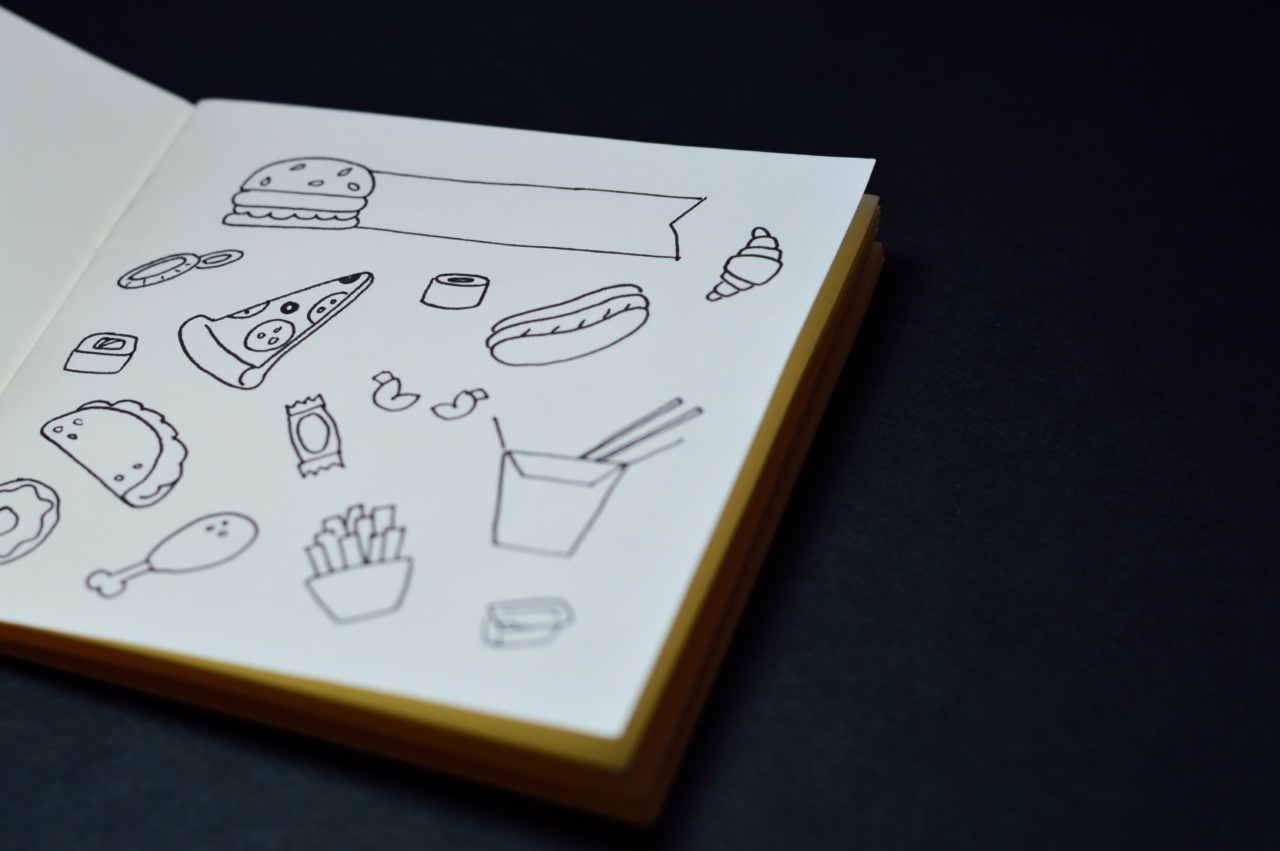Hypertension, commonly known as high blood pressure, affects millions of people worldwide.
The condition is often referred to as the “silent killer” because it does not have any obvious symptoms, but it can lead to serious health complications such as heart disease, stroke, and kidney failure. One of the major contributors to hypertension is a poor diet, particularly one that includes high levels of junk food.
This article will discuss the relationship between junk food and hypertension, and how you can make better food choices to maintain a healthy blood pressure level.
What is hypertension, and how does it develop?
Before we discuss the link between hypertension and junk food, let us first understand what hypertension is and how it develops. Blood pressure refers to the force of blood pushing against the walls of arteries as it flows through them.
Hypertension occurs when the pressure is consistently elevated over a period of time. Blood pressure readings have two numbers, showing the systolic pressure (the higher number) and the diastolic pressure (the lower number).
The American Heart Association defines hypertension as having a blood pressure reading of 130/80 mmHg or higher.
Hypertension can be caused by several factors, including genetics, lack of physical activity, stress, alcohol consumption, smoking, and a poor diet. In most cases, hypertension does not have any noticeable symptoms, and the only way to diagnose it is to have your blood pressure checked regularly.
How does junk food contribute to hypertension?
Junk food is a term used to describe foods that are high in calories, fat, sugar, and sodium, but low in nutrients. Examples of junk food include fast food, packaged snacks, candy, and sugary drinks.
Consuming junk food on a regular basis can lead to weight gain, which is a risk factor for hypertension. Additionally, the high levels of sodium found in most junk food can directly affect blood pressure levels.
Sodium is an essential nutrient that plays a role in regulating fluid balance in the body. However, consuming excessive amounts of sodium can lead to water retention, which increases blood volume and ultimately raises blood pressure.
The American Heart Association recommends that adults consume no more than 2,300 milligrams of sodium per day, or even less if they have hypertension.
A diet high in junk food and processed foods that are high in sodium and low in nutrients increases the risk of developing hypertension.
In fact, studies have shown that individuals who consume a diet high in junk food and high in sodium are more likely to develop hypertension than those who consume a diet rich in fruits, vegetables, whole grains, and lean proteins.
Other health risks associated with junk food consumption
The link between junk food and hypertension is just one of the many health risks associated with consuming a diet high in processed foods and low in nutrients. Other health risks include:.
- Obesity and weight gain
- Increased risk of type 2 diabetes
- Elevated cholesterol levels
- Increased risk of heart disease and stroke
- Increased risk of certain cancers
How can you make healthier food choices?
If you want to reduce your risk of developing hypertension and other health complications, it is essential to make healthier food choices. Here are some tips:.
- Choose whole, minimally processed foods whenever possible, such as fruits, vegetables, whole grains, lean proteins, and low-fat dairy products.
- Avoid drinks that are high in sugar, such as soda and sports drinks.
- Limit your consumption of fast food and other junk food, and choose healthier options when eating out.
- Read food labels and choose products that are low in sodium, saturated fat, and added sugars.
- Cook meals at home using fresh ingredients, and reduce your reliance on packaged and processed foods.
- Avoid adding salt to your food, and use herbs and spices to add flavor instead.
- Drink plenty of water to stay hydrated and help flush excess sodium from your body.
- Exercise regularly to maintain a healthy weight and lower your blood pressure.
Conclusion
Hypertension is a serious health condition that can increase the risk of heart disease, stroke, and other complications. Junk food, which is high in calories, fat, sugar, and sodium, is a major contributor to hypertension and other health risks.
By making healthier food choices, such as choosing whole foods and limiting your intake of processed foods and junk food, you can reduce your risk of developing hypertension and other health complications.






























